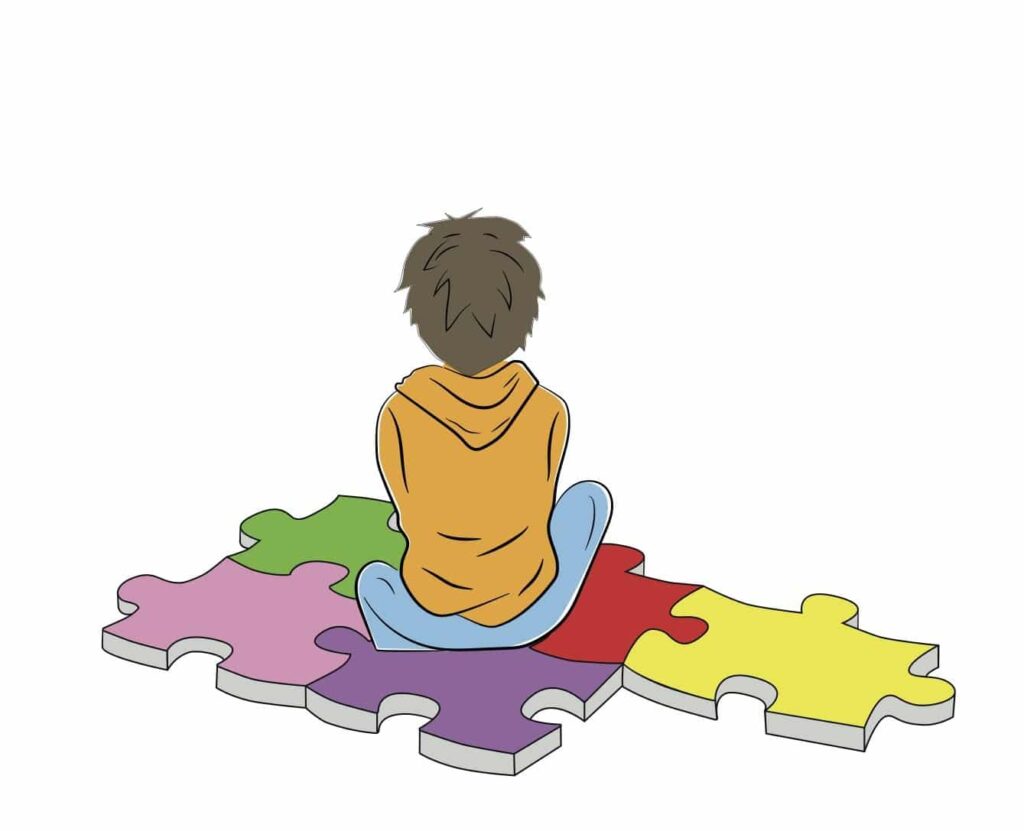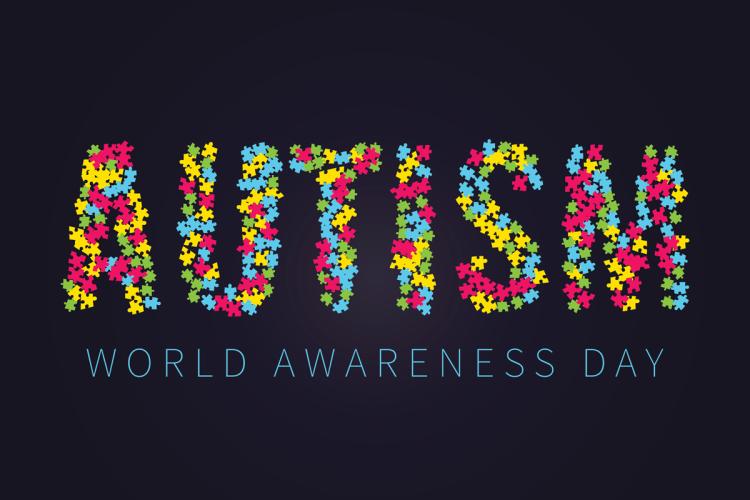By Konstantina Kerpinioti,
World Autism Awareness Day is an internationally recognized day celebrated on April 2nd every year, encouraging United Nations member states to enlighten and raise awareness on autism spectrum disorders. It was designated by the resolution of the United Nations General Assembly “62/139 World Autism Awareness Day”, which was approved on November 1, 2007, and incorporated on December 18, 2007. It was proposed by Qatar’s representative to the United Nations, her Majesty Sheikha Moza bint Nasser Al-Missned, wife of his Majesty Sheikh Hamad Bin Khalifa Al Thani, Emir of the State of Qatar, and supported by all member states.
The United Nations General Assembly approved this resolution without voting, mainly as a complement to previous United Nations initiatives that aimed to the improvement of human rights.
World Autism Awareness Day is one of the seven official UN health days. On this specific day, individual autism organizations around the world communicate and corporate, in order to contribute to the research diagnosis, treatment, and acceptance of those affected by this developmental disorder. Every year, World Autism Awareness Day has a specific topic, which is designated by the United Nations Organization. For example in 2018, World Autism Awareness Day emphasized the empowerment of women and girls with autism.
On the occasion of World Autism Awareness Day, I would like to quote basic information regarding the autism spectrum. I strongly believe that adequate knowledge on this subject should be provided to individuals (something that, unfortunately, modern society lacks), so as to treat autistic people in a proper manner.
What is autism?
Autism is a developmental disorder, that prevents people from perceiving what is happening in the world around them. Consequently, an autistic person deals with difficulties in communication, social contact, impersonal relationships, and behavior. The severity of autism symptoms varies; the symptoms of autism usually manifest before the age of three.

Characteristics of autism
- Difficulties in language development and communication: The language evolves very slowly, and sometimes does not develop at all. Should autistic children manage to develop their language, they still cannot express and communicate in the same way as people without autism do. Specifically, autistic people make unusual incomprehensible word combinations, and their voice is monotonous. Also, an autistic child often avoids making eye contact, does not want to be hugged, and seems to be cut off from the world around them. They are not capable of making friends and understanding other people’s feelings.
- Inconsistent forms of sensory reactions: An autistic child may at times give the impression that they are deaf and that cannot react to words and other sounds. Other times, they may be overly annoyed by everyday noise, such as the noise of a vacuum cleaner, barking dogs, and the crying of a baby. The child may not sense pain and, at the same time, does not react to cold or heat or to other sensory stimuli.
- Heterogeneous forms of mental functions: The autistic person may have maximum capacity compared to normal people in fields like painting, music, mathematical calculations, and memorizing events. About 20-30% of autistic people have average or above-average intelligence. On the other hand, the majority of children (70-80%) have varying degrees of mental retardation. This combination of mental disabilities and abilities makes autism particularly complex.
- Explicit restriction on activities and interests: An autistic person may repeat the same body movements, such as applause, spins, or torso shaking. Some people with autism may refer to the exact same theme repeatedly. Should habits change, the child or the adult will become very upset, which often causes severely disturbing behaviors, such as outbursts of anger. In the most severe cases, a person with autism manifests self-destructive behavior, because of the person’s inability to understand and communicate.
- Autistic people enjoy activities like music, swimming, hiking, singing, and horseback riding.

How does autism affect behavior?
Autistic individuals often experience tremendous hyperactivity or unusual passivity in their daily activities, as well as in their relationships with their parents, family members, and others. Behavioral problems can be very serious and very mild as well. Individuals with serious behavioral problems are aggressive and sometimes manifest destructive behavior. These behaviors can be persistent and difficult to change. In its mildest form, autism is a learning disability. Nevertheless, people with mild autism still deal with significant difficulties in their routine, due to their lack of communication and social relationships. Autism can also manifest in combination with other developmental disorders, such as epilepsy, deafness, blindness, etc.

Do people with autism have the possibility to live a normal life?
Unfortunately, in modern society, there are many individuals who treat autistic people with disrespect, mainly because of their lack of cognitive background on the subject. In particular, many individuals are not aware of the fact that appropriate treatment and education can contribute to the social development of autistic people. In other words, autistic people can significantly improve the way they perceive the world around them through proper education and treatment. Furthermore, some autistic people can live normal lives. They have the possibility to work and have an income. Autistic people usually choose jobs that do not require cooperation. Some of the jobs they practice are artists, pianists, painters, farmers, office workers, computer operators, washers, factory kitchen workers, factory assembly workers, library assistants, and relocated workers.
Finally, I would like to highlight that we all need to be compassionate and emotionally supportive to people who are diagnosed with autism, so as to help them ameliorate their life quality.
References
- World Autism Awareness Day, wikipedia.org, Available here
- Χαρακτηριστικά αυτισμού, autismgreece.gr, Available here
- Αυτισμός, paidiatros.com, Available here




